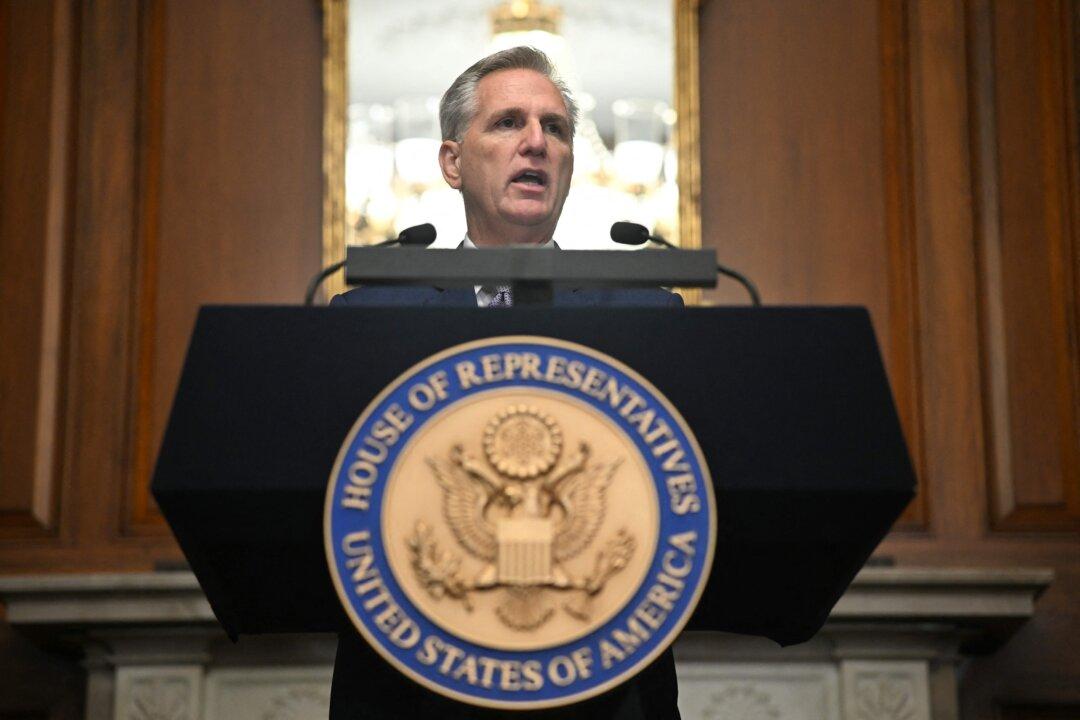Commentary
Republicans threw everything they had at holding the line in the Georgia Senate runoffs, but it wasn’t enough. The traditional political lines in the once ruby-red state have shifted with the cities and suburbs now controlling political outcomes—and in this fateful year, they appear poised to hand President-elect Joe Biden the power to advance his agenda in Washington without Republican roadblocks.





